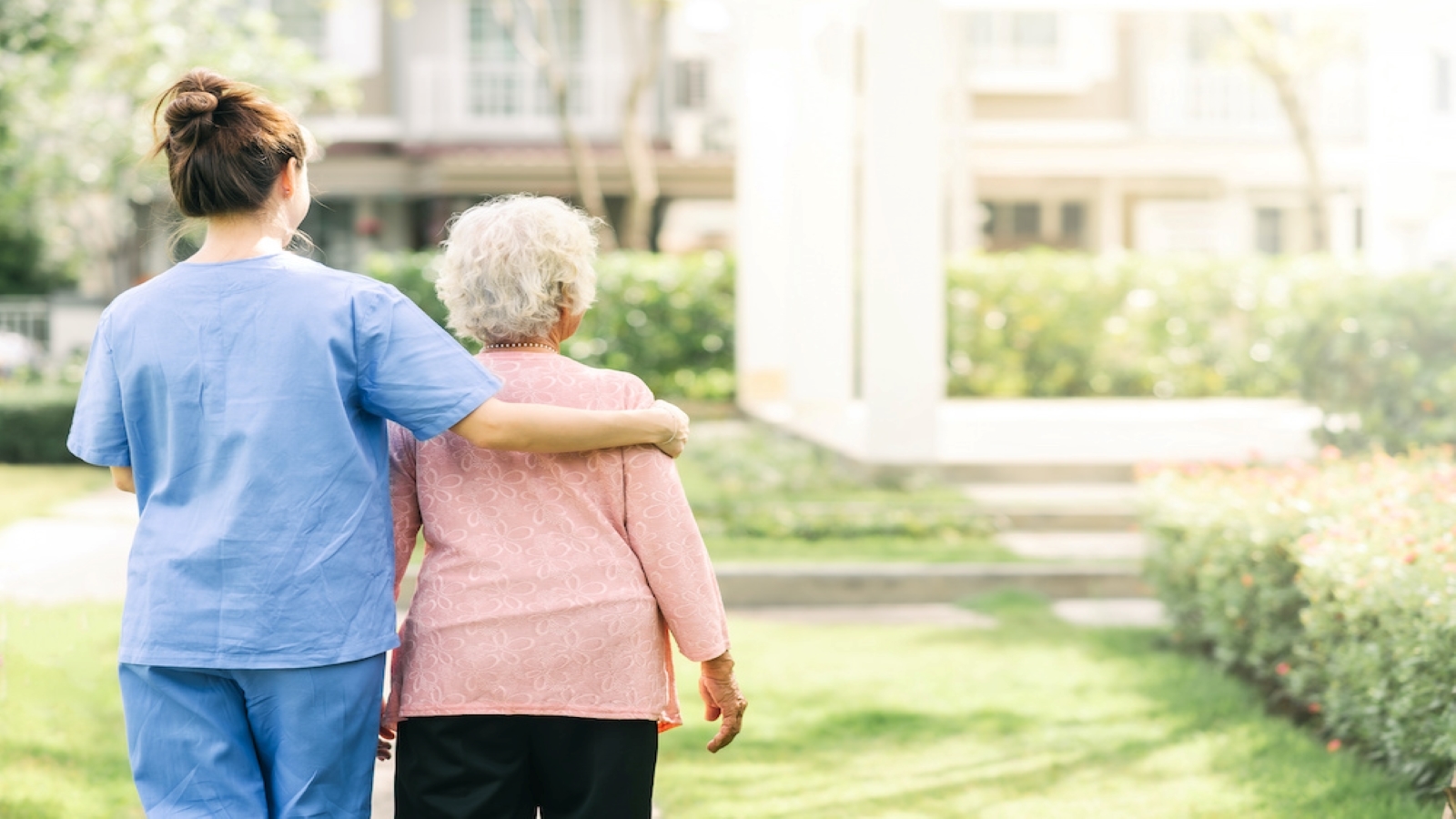Many elderly people living in long-term care facilities have not been allowed to receive visitors in almost a year. | Adobe Stock
Many elderly people living in long-term care facilities have not been allowed to receive visitors in almost a year. | Adobe Stock
Deaths of patients with Alzheimer's disease are continuing to rise during the COVID-19 pandemic, according to Bridge Michigan.
Michigan’s deaths from Alzheimer’s, in fact, have increased by 18% in 2020 over what had been the last six-year average, which is on par with the national rise in deaths from the Alzheimer's and dementia. The average number of deaths from Alzheimer's between 2014 and 2019 in Michigan was 4,100, and in 2020 that number jumped to 4,838.
Individuals in nursing homes are particularly vulnerable, with isolation and depression strongly impacting the outcomes of those battling Alzheimer’s.
The connection between isolation and negative outcomes for seniors living in long-term care facilities is now being studied. The research is, in fact, showing that extended isolation has similar negative impacts as health risks such as obesity and smoking.
Dr. Sheria Robinson-Lane, a gerontologist at University of Michigan, commented on the negative impact that loneliness can have in human beings. Long-term care facility residents, who are separated from loved ones, friends and even pets are stripped of so much that life is made up of, and this can manifest itself in grief.
“Now you add on top of that, all of these different layers, being further socially isolated as a result of the pandemic,” Robinson-Lane told Bridge Michigan. “It absolutely does create more depression, more anxious spaces for individuals that can ultimately contribute to their death.”
Loneliness, in fact, has long been known to be harmful to seniors, especially those suffering from dementia, but never has visitation been limited to the extent it was in 2020 in response to the coronavirus.
While the isolation was meant to save lives — and may have succeeding in reducing the transmission of the virus — the situation is a double-edged sword, with isolation and chronic loneliness being the other side.
Children of patients at these long-term care facilities are hopeful that the state will begin to relax its restrictions after residents and staff have had the opportunity to receive the COVID-19 vaccine.


 Alerts Sign-up
Alerts Sign-up